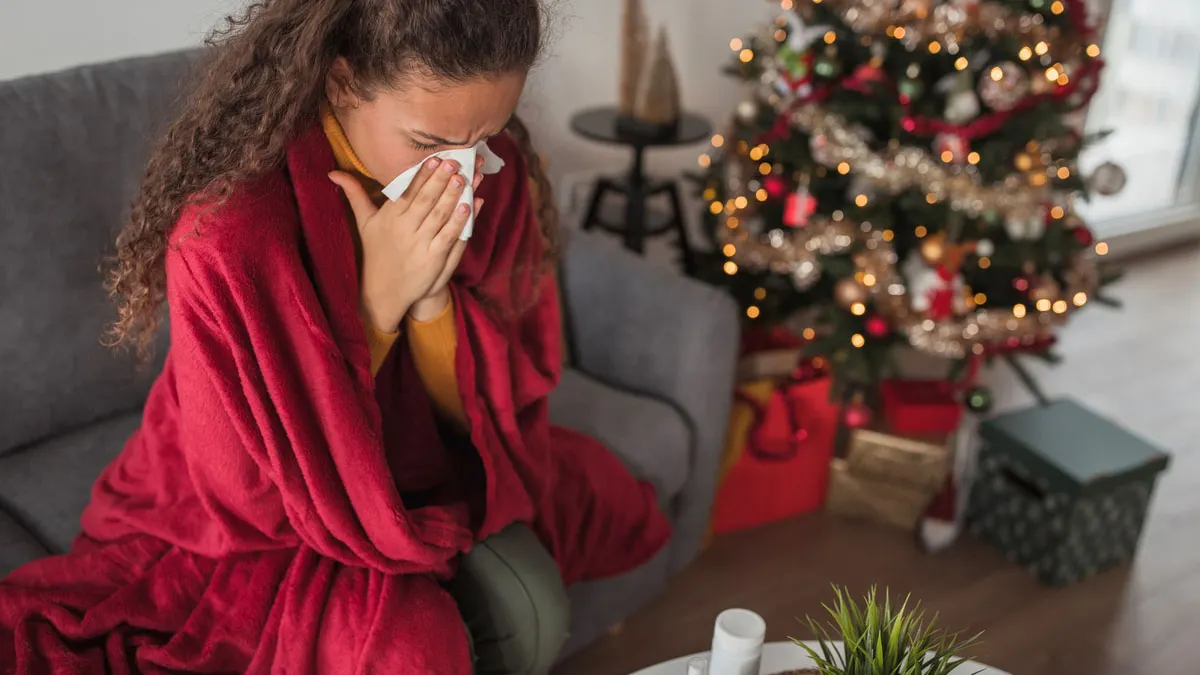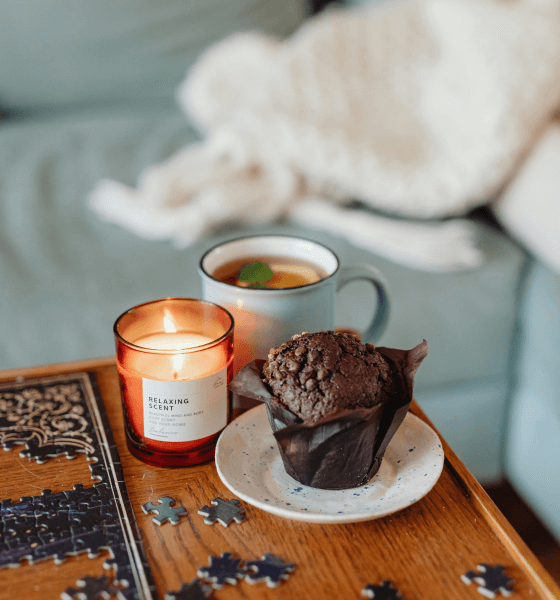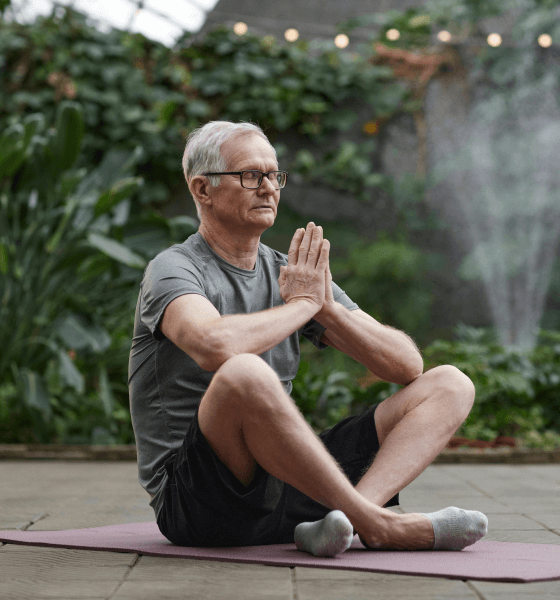

With the holidays approaching, polls show that 82% of Americans plan to gather for the holidays to share celebrations, gifts, memories — and sometimes, unintentionally, germs.
"Such gatherings pose a higher risk of spreading infections, especially to children, elderly family members, and those with weaker immune systems or multiple medical comorbidities," said Varvara Probst, M.D., a clinical assistant professor in the department of pediatrics at the University of Florida’s College of Medicine in Gainesville, Florida.
There are steps you can take, however, to reduce the risk of getting sick when spending time with family and friends.
4 HOLIDAY NUTRITION TIPS FROM DR. NICOLE SAPHIER: 'EVERYTHING IN MODERATION'
Fox News Digital spoke with doctors about how to keep gatherings from turning into "super-spreaders."
Vaccinations play a big role in preventing holiday illness, according to Probst.

"Staying up-to-date with flu and COVID vaccinations is one of the most helpful strategies to reduce the risk of infection and hospitalization," she told Fox News Digital.
Pneumococcal and RSV vaccinations are also recommended for older adults, Probst added.
HOLIDAY GATHERINGS CAN LEAD TO STRESS EATING: TRY THESE 5 TIPS TO CONTROL IT
"While these steps can’t prevent every illness, they greatly lower the chances of serious infections and help keep family gatherings more protected and enjoyable for everyone," she said.
Regular and thorough handwashing is a simple yet powerful method to prevent the spread of germs between people and from contaminated surfaces like door knobs and furniture, doctors agree.
"This is especially important when traveling for long distances or if someone at home is feeling unwell," Probst noted.

It’s also best to avoid touching your eyes, nose or mouth with unwashed hands, as this can introduce microbes directly to areas where they are most likely to cause infection, the doctor cautioned.
Whenever possible, avoid close contact with those who have colds or stomach bugs, Probst recommended.
"If you do need to interact with someone who is sick, wearing a mask and washing hands frequently can help minimize exposure to infection," she advised.
Those who are at higher risk should try to avoid crowded, poorly ventilated spaces, Probst said, as germs can linger in the air with a higher chance of being inhaled.
"While not always necessary, wearing a mask in crowded areas is especially beneficial for people with weakened immune systems or multiple health conditions, and can reduce the amount of germs you breathe in," she added.
Eating "fresh and properly prepared food" can help to reduce the risk of stomach bugs or food poisoning, according to Probst.

Jesus Lizarzaburu, MD, a family physician with TPMG Grafton Family Medicine in Yorktown, Virginia, also recommends taking vitamin C a few weeks before the holiday season starts to help prevent sickness.
Vitamin D can also improve immune responses, he told Fox News Digital, and there is evidence that zinc can decrease the duration of cold symptoms.
Maintaining good sleep habits, staying hydrated, eating a balanced diet and getting regular exercise can boost the immune system, which can help you fight off infections and illnesses if you catch something, according to experts.
TO SIGN UP FOR OUR HEALTH NEWSLETTER
In some cases, it may be best to skip a holiday gathering to prevent spreading infections and getting others sick.
"Symptoms that indicate you may be too sick to attend a family gathering include a fever, muscle aches, persistent and strong coughing, frequent sneezing with large amount of nasal discharge, or frequent vomiting and diarrhea," Probst said.

These symptoms often suggest a high risk of spreading viruses, which can be particularly dangerous for children, the elderly and those with existing medical conditions or weak immune systems, she said.
"In such cases, it would be safer to recover at home," the doctor added.
For more Health articles, visit www.foxnews.com/health
It may even be possible to spread a virus even after symptoms have abated, according to the Centers for Disease Control and Prevention (CDC).


